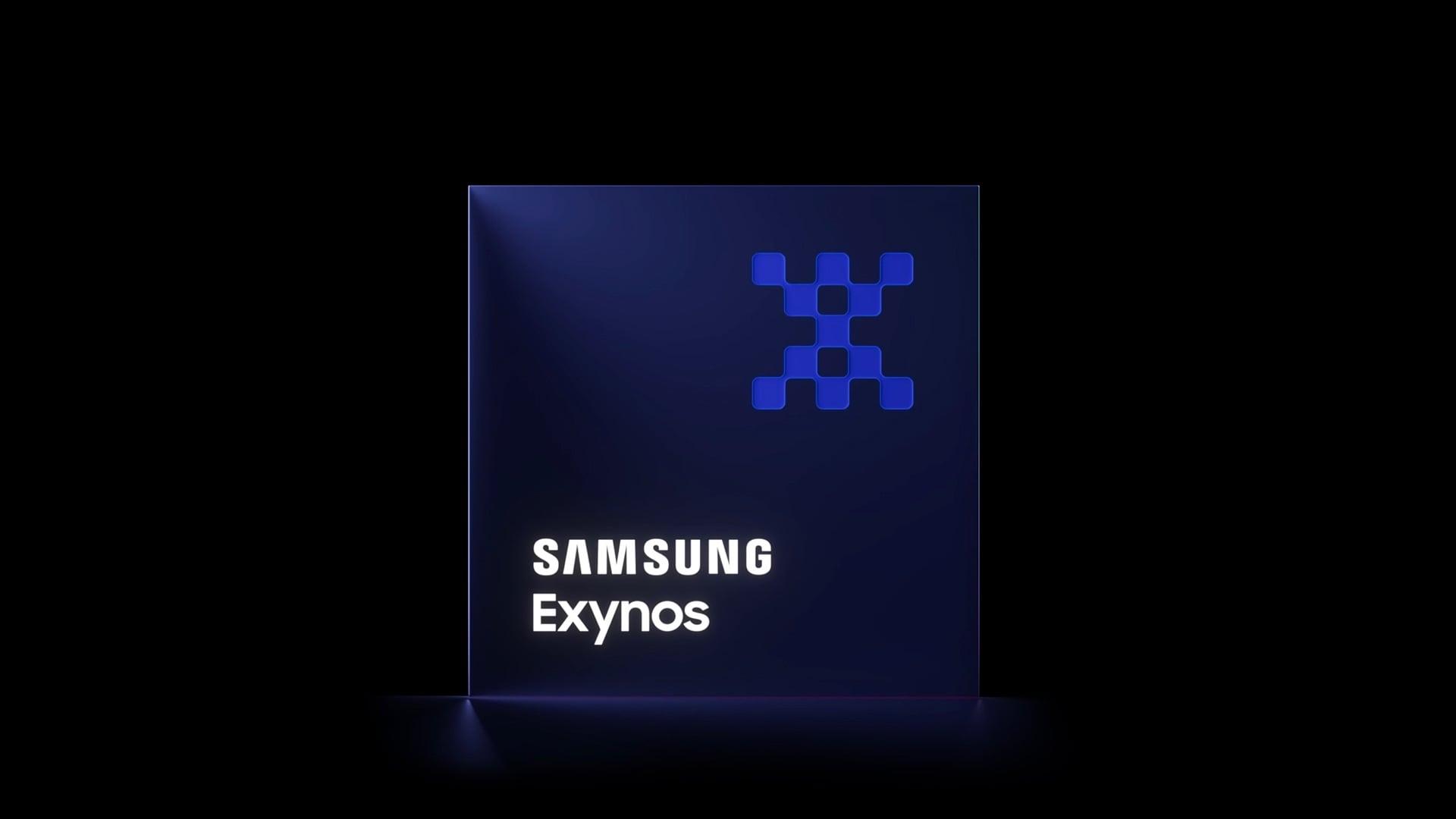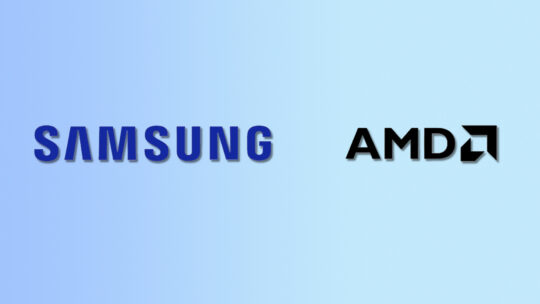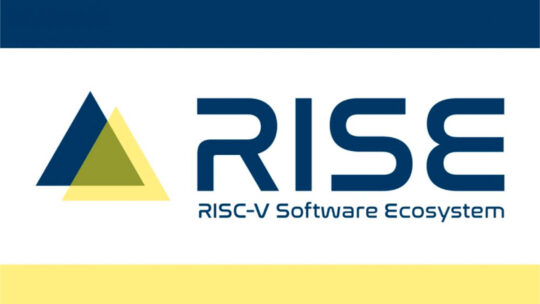Two weeks ago, Samsung announced its next-generation flagship Exynos processor, the Exynos 2400. The announcement was joined by several other announcements from Samsung's System LSI business arm that develops Exynos chips, ISOCELL camera sensors, and several other connectivity and security solutions. Following the announcement, we interviewed Sanjith Thayyilthodiyil, Vice President of System LSI's Sales & Marketing team at Samsung Semiconductor.
In our interview, we touched upon the company's strategies, including the Exynos 2400 processor and its Generative AI chops. We also asked Samsung about the status of its collaboration with AMD for Exynos GPUs. In the interview, we questioned the South Korean firm about its strategy with ultra-high-resolution ISOCELL camera sensors for smartphones. You can read our complete interview below.
Q1: What do you think has been the hot trend in semiconductor technology over the past year, and what are System LSI’s short-term and long-term goals with its new semiconductor chips?
A. The most significant trend to highlight over the past year would be ChatGPT AI, along with its related technologies and applications.
As we anticipate the shift from generative AI to proactive AI, we have progressed beyond providing individual semiconductor products. Now we offer a platform that converges and creates synergies among logic and memory components, packages, and systems driving mobile and automotive technologies.
Leveraging this comprehensive System LSI platform, our vision is to lead in hyper-intelligent, hyper-connected, and hyper-data technologies essential in advancing the Fourth Industrial Revolution while fulfilling our mission of making semiconductors that help people and save lives.
Q2: Coming to the Exynos 2400, congratulations on your next flagship SoC. What is the most impressive feature of the Exynos 2400? Is there something this chip does better than other chips? What kind of futuristic features can it bring to flagship phones?
A. Exynos 2400 has achieved significant leaps in CPU, GPU, and AI performance. Most notably, it takes graphics capability, especially ray tracing performance, to another level, promising console-level gaming features on mobile devices.
Q3: How has been your partnership with AMD over the past few years, and what are System LSI’s long-term goals with AMD partnership? There have been rumors that System LSI might end its partnership with AMD and move to a complete in-house GPU design. What are your comments on those rumors? Will we see AMD GPU collaboration in other Exynos SoCs, like mid-range Exynos chips, in the future?
A. Our partnership, initially announced in 2019, has borne fruit with the co-development of the industry’s first mobile GPU featuring hardware-accelerated ray tracing capability. In April, we announced a multi-year extension to our collaboration, broadening the scope to incorporate AMD Radeon graphics technology into an extended range of Samsung Exynos products. This extension serves as a testament to our strong and mutual commitment to delivering the best graphics experiences possible to mobile users.
Q4: Exynos SoCs were used by non-Samsung brands in the past, but we have noticed that those brands have not been doing so over the past couple of years. Why is that, and can we get some clarification on how Samsung LSI approaches such brand partnerships?
A. The company employs a consistent strategy for both internal and external brands, based on market supply and demand dynamics.
Q5: We have also noticed that despite Samsung making both the phones and the chips inside them, Galaxy devices with a Snapdragon or even MediaTek chip tend to be more optimized out of the box. We understand Samsung MX is a separate division, but is optimization something Samsung LSI and Samsung MX work on together?
A. We work with all of our customers on optimization, both at the device and system level.
Q6: ARM chips are increasingly being found in bigger devices like laptops. Does System LSI have any plans to make ARM-based Exynos SoCs for laptops? Is Samsung also looking at RISC-V as an alternative to ARM as a long-term plan?
A. We maintain a strong and ongoing partnership with Arm for the development of next-generation mobile technologies. We are unable to disclose details regarding our strategic plans at this time.
Q7: Can you explain a bit more about Samsung Zoom Anyplace? What are its real-life advantages over previous systems?
A. Samsung's Zoom Anyplace technology was revealed for the first time, based on its 200-million pixel image sensor. This sensor innovation will enable an entirely new camera zoom experience, allowing mobile users to take up to 4x close-ups of moving objects without any image degradation while effectively compensating for camera shake even when zooming in from long distances. AI-based tracking technology automatically follows and captures objects, all while recordings are made in full screen simultaneously, ensuring that no moment or detail is left uncaptured.”
Q8: With ISOCELL, Samsung is moving to an extremely high megapixel count while rivals camera sensors have four times fewer pixels but a bigger sensor size, with some even featuring professional-camera-grade 1-inch sensors. Why does System LSI think a high-resolution approach is better than increasing pixel size and sensor size?
A. To accommodate diverse market needs and offer users the best imaging experience possible, we are pioneering innovations in both ultra-high resolution products which deliver exceptional detail and clarity as well as big-pixel sensors optimized for capturing details in low-light environments.
Our ultra-high-resolution sensors are designed in large optical formats and employ advanced binning technology to offer various image resolution options at 200MP, 50MP, and 12.5MP. While smartphone manufacturers may have the camera’s resolution set at 12.5MP as a default for quick everyday snapshots, users can change the setting to take advantage of the 50MP and 200MP options for incredibly sharp images with epic details. With the high-resolution sensor market expanding, we will make use of our know-how and expertise in ultra-high-resolution sensor technologies to provide mobile users with enhanced photography experience.
Leveraging our advanced pixel technology along with high dynamic range (HDR), auto-focus, and low-light imaging capabilities, we will continue to introduce market-leading products in the 50MP big-pixel sensor segment as well.
Q9: What are System LSI’s long-term goals with ISOCELL sensors in phones, automotive, and IoT segments?
A. Guided by our vision of “Image beyond imagination,” Samsung is continuously innovating to elevate its mobile image sensor technologies beyond DSLR-grade performance. This entails advancements in high dynamic range (HDR), low-light performance, and seamless 8K video recording.
Our proven technologies, such as high full well capacity and 140-decibel (dB) HDR, will also be key drivers in the growing automotive CIS market. Additionally, we are committed to advancing next-generation CIS technologies like global shutter and time-of-flight (ToF) to create new user experiences.
Q10: What is ISOCELL Vizion? Can you explain a bit more about it and the new branding?
A. Samsung’s ISOCELL Vizion lineup includes time-of-flight (ToF) and global shutter sensors designed to offer visual capabilities for next-generation mobile, commercial and industrial applications. ToF sensors are tailored for capturing high-resolution 3D images with exceptional detail while global shutter sensors are ideal for capturing dynamic movements without distortion.
Q11: How important is UWB for the future, and will it ever be directly integrated into Exynos chips?
A. Due to its precise location tracking capabilities and robust security features, UWB is expected to expand into mobile, automotive, and industrial applications. Depending on its applications and the surrounding ecosystem, we are open to exploring the possibility of integrating UWB into other System LSI chips.
Q12: Generative AI is all the craze this year, especially after ChatGPT’s launch. Do you think it is here to stay, or will the interest around it decrease, as has been the case with smart speakers and digital voice assistants? And how can these capabilities be accelerated by System LSI’s new technologies?
A. As generative AI transitions to proactive AI, AI models and services will become increasingly sophisticated. AI computing will progressively move from data centers and cloud platforms to the edge, empowering devices to become much more intelligent and ensuring people stay connected anytime and anywhere. Through our extensive System LSI platform solutions spanning powerful computational IPs, connectivity solutions, and sensors that emulate the five human senses, we are uniquely positioned to drive advances in a new era of proactive AI.
Our interview with Samsung's System LSI's Sanjith Thayyilthodiyil offers a good amount of information about the company's upcoming products and business strategies. For example, it is confirmed that Samsung's partnership with AMD is long-term and intact. The company has deepened its collaboration with AMD, and we can expect to see AMD GPUs in more Exynos chips in the future.
Samsung has also revealed that it is developing both ultra-high-resolution camera sensors, such as the ISOCELL HP2, and big format sensors, like the ISOCELL GN2. In fact, the company has also developed a LiDAR sensor, the ISOCELL Vizion, to capture 3D depth maps that can be used in several devices, including smartphones and IoT.
We hope you've gained some insights into Samsung's new semiconductor chip products and strategies. We will try to follow up with more interviews with System LSI executives with more insights in the near future. So, keep checking our website to know more about Samsung and its upcoming products.









